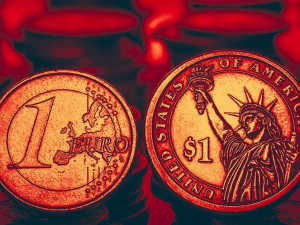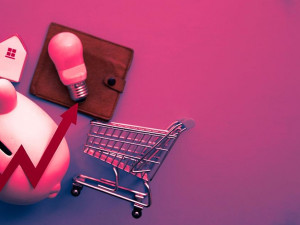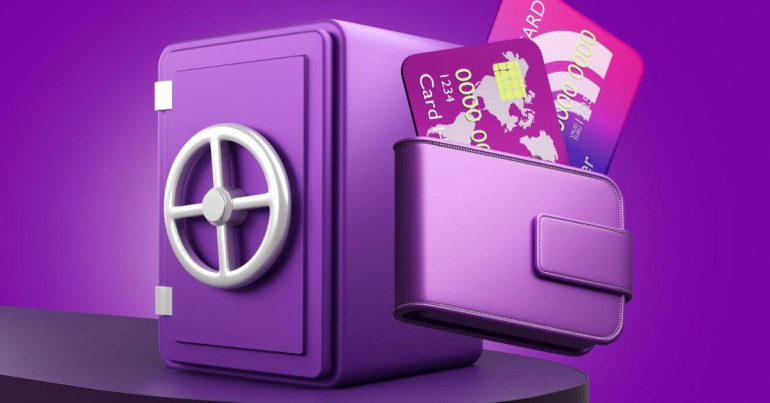
In light of the collapse of both Silicon Valley Bank (SVB) and Credit Suisse, many people might be wondering: if a bank fails, what happens to all the money? Is my money safe in the bank right now?
Banks make all kinds of complex investments, and some are more well-secured than others, but generally speaking, a bank is still one of the safest places to keep your money.
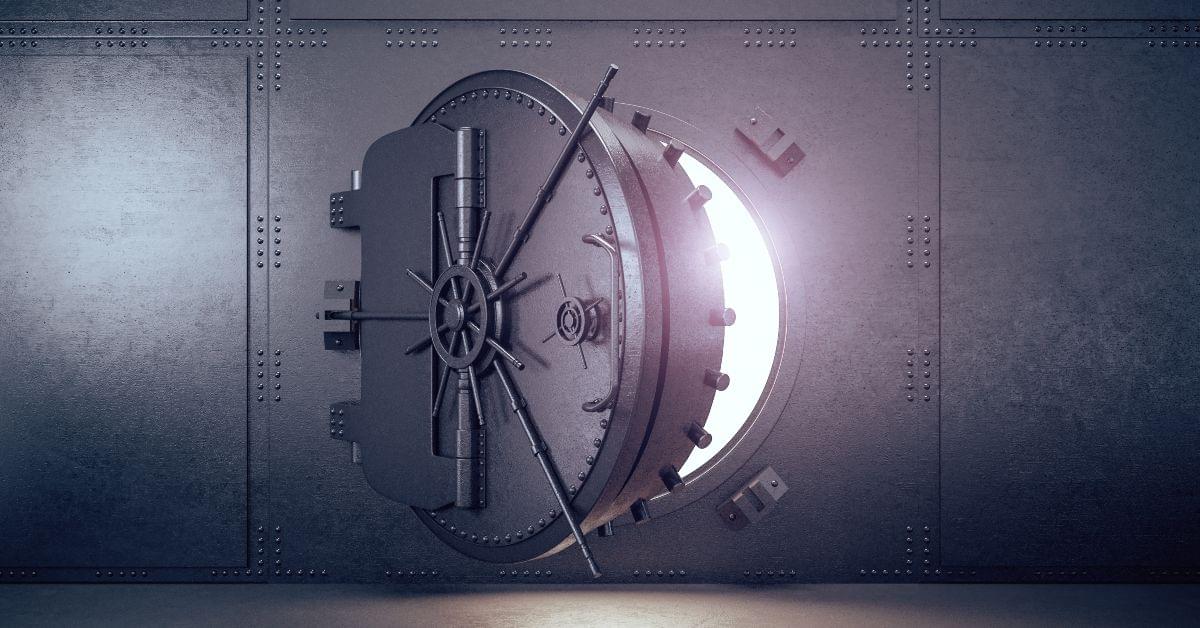
How does a bank store money?
A bank stores money in cash – as most no longer abide by the gold standard. However, it’s important to know that not all the money you deposit into the bank and have in your account is kept there by the bank – in fact, only a very small amount actually stays in the bank. The amount of cash stored in a bank compared to the money available is closer to 10% than 100%. This amount of physical, liquid cash is what makes up a bank’s reserve, and the amount that has to be held is set by a government in what is known as a reserve ratio.
Currently, in the UK, banks are required to keep at least 12.5% of their value in reserves, and in the US it is set at 10%, to make sure that banks don’t become too illiquid. However, banks often get around this by storing this ‘value’ in different ways. It is estimated that only 18% of banks’ reserves are even backed directly by cash, as the remaining 82% of these deposits are normally backed by mortgages and loans, which are determined at the bank’s discretion.
Theoretically, if every account holder at a major bank decided to withdraw their money into cash, this would cause serious problems, potentially resulting in the bank’s collapse. This can happen in cases of panic and is known as a bank run, and is what solidified SVB’s demise. This is why a reserve ratio is set, to ensure that banks have enough liquid cash to handle spikes in withdrawals.
How do banks go bankrupt?
The simple reason banks don’t store all their money in cash reserves is because they want to make a profit. Holding cash in the bank via deposits doesn’t make much money, but taking the deposited money and investing it, using it to offer financial products and mortgages is a lot more profitable. Banks rely on the fact that most people don’t touch most of their money and only ever take out small amounts, so the remaining amount they can invest into their business ventures.
Banks tread a fine line with this, and in many cases throughout history have gone too far. The 2007-2008 financial crisis was the apex of banks taking excessive risks, with the subprime mortgage crisis triggering the global meltdown. This was mainly caused by banks taking on increasingly risky investments into mortgage bonds with a huge amount of leverage. According to the Atlantic, it has been reported that on average, leverage with banks “went from about 12-to-1 in 2004 to 33-to-1 in 2008. (Leverage is the ratio of debt or assets to equity; at 33-to-1 leverage, a mere 3 percent drop in the value of a firm’s assets can wipe out its equity.)”
What happens when a bank goes bankrupt?
Generally speaking, a bank and its government will do the utmost to avoid bankruptcy, as a bank going bust can have a knock-on effect for everyone – take note of the Lehman Brothers’ collapse causing global markets to plummet.
Any business, banks included, will enter insolvency once they have announced bankruptcy. Once a bank or a business becomes insolvent, a financial body will then work to sell off the assets of the company in order to raise money for debtors and customers. Ideally, all the money lost will be raised and reimbursed, however this does not always happen straight away. In a country that has deposit insurance (such as the UK and US), an insolvent bank will have its assets seized and sold off. The depositors will then be reimbursed using the funds raised, with the taxpayer making up any shortfall, to ensure that everyone gets paid.
Is my money safe in the bank?
There is always some risk to any store of money, even within a bank, and after the 2007 financial crisis, the public trust in banks has been severely weakened. Despite this, a bank is still overall a safe place to keep your money, as in the UK and the US, you are protected for a certain amount. In the UK, all banks and building societies which have been authorised by the Prudential Regulation Authority (PRA) are covered by the Financial Services Compensation Scheme (FSCS), which means you will receive a payout if your bank goes bust.
The FSCS guarantees up to £85,000 per person and joint accounts have protection up to £170,000. Therefore, if you have anything under this amount, your money is protected.
A very similar body exists in the US, known as the Federal Deposit Insurance Corporation (FDIC), which is an independent agency of the US government which protects up to $250,000 of your money. The FDIC will insure up to $500,000 for joint accounts.
However, if you have more than this when a bank goes bust, any extra amount is not protected. While it may be owed to you and exist in fairness, the full amount might have to come from funds raised in the insolvency process, which might be more tricky.
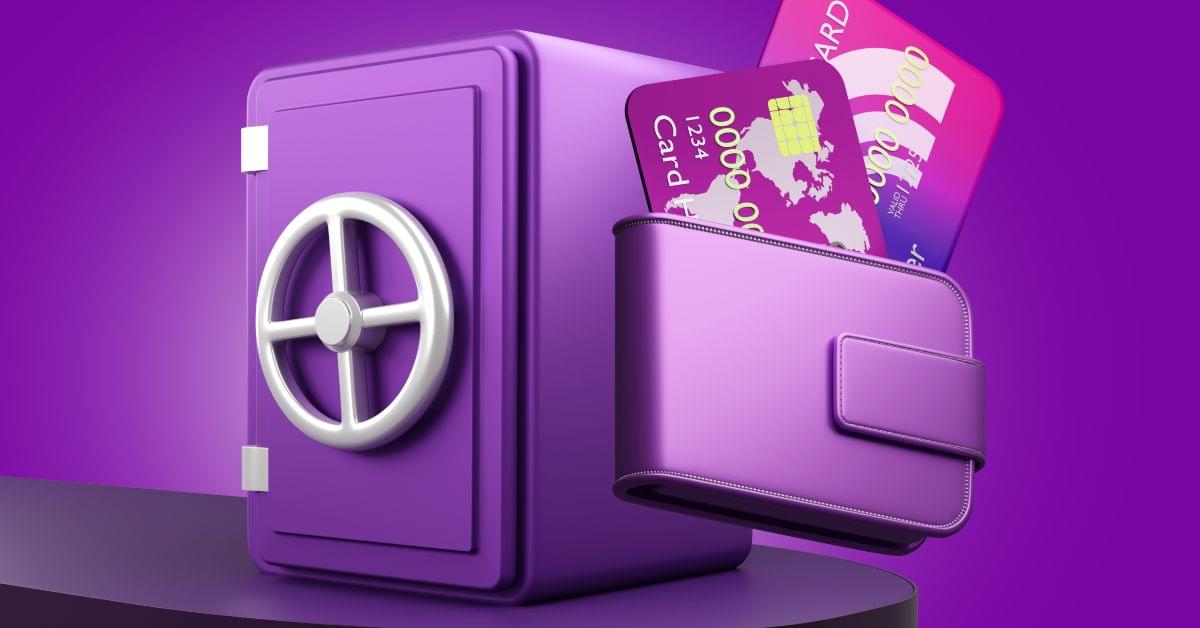
Good practices to protect your money
Silicon Valley Bank (SVB) unfortunately failed to avoid bankruptcy in March 2023, meaning that thousands of startups in the US and UK were left stranded, as well as a lot of media companies and wineries.
It’s recommended to not keep all your money in one place, as if a bank fails, and you have deposited more than the insured amount, then you are not guaranteed to see that money again. Make sure that if you are holding over the insured amount that you consider keeping your money in other places, to take advantage of the protected amount.
If you’re looking to send money abroad, perhaps to relatives or an offshore account, then make sure you only trust FCA authorised payment institutions.
Caleb Hinton
Caleb is a writer specialising in financial copy. He has a background in copywriting, banking, digital wallets, and SEO – and enjoys writing in his spare time too, as well as language learning, chess and investing.

